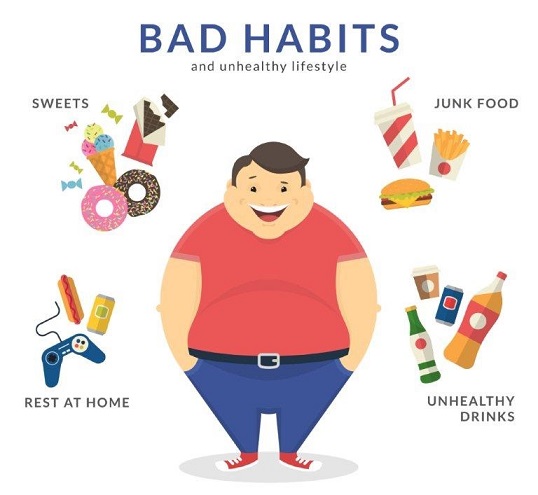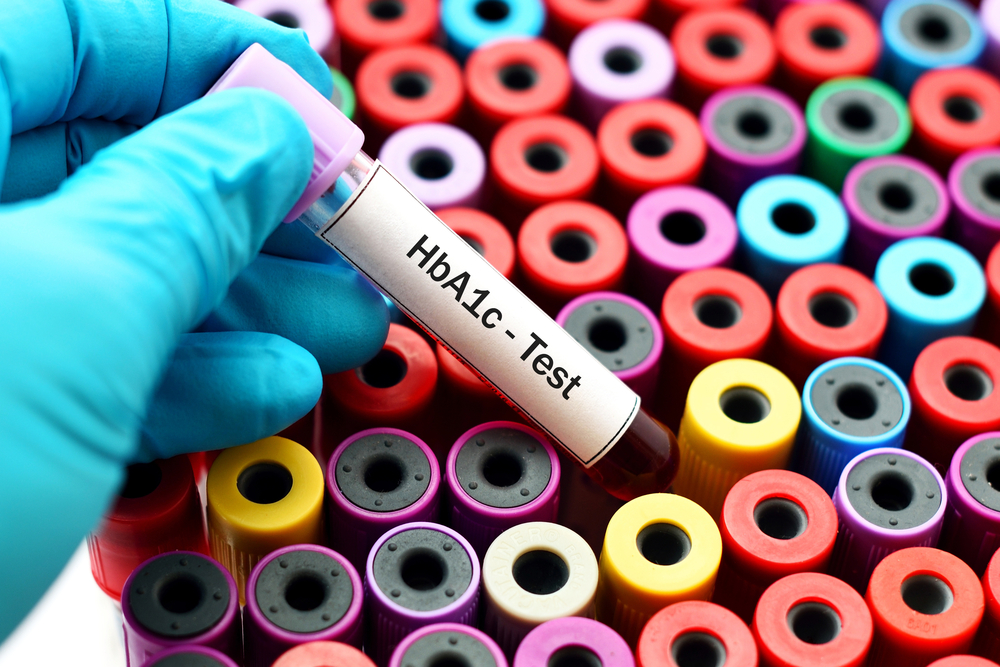Risk Factors for Diabetes
Overview
Blood glucose is the main source of energy for the body and insulin allows blood glucose to enter the body’s cells, which is then converted into energy.
Diabetes mellitus, commonly known as diabetes, is a chronic disease that occurs either if the pancreas does not produce enough insulin or if the body fails to use the insulin it produces effectively.

There are three major types of Diabetes:
Type 1 Diabetes is an autoimmune disease and occurs when the body fails to produce insulin. The immune system attacks and destroys the cells within the pancreas. Patients with type 1 diabetes are required to take insulin injections throughout their life.
Type 2 Diabetes is the most common type and occurs when the body turns resistant to insulin, causing sugar to build up in the blood. Prolonged high blood glucose levels in the blood require beta cells in the pancreas to work harder to release and produce enough insulin to control high blood sugar levels. This scenario leads to the loss of beta cells as well as hampering their effective functioning. Beta cells may eventually be unable to produce enough insulin to control blood sugar levels.
Gestational Diabetes develops in some women during their pregnancy. It has no symptoms and can result from placenta producing hormones that cause high glucose levels in your blood. Gestational diabetes usually disappears after pregnancy, but the affected women are more prone to develop type 2 diabetes.

The signs and symptoms of diabetes may not be obvious, hence it’s very important to understand the risk factors for diabetes and take corrective actions accordingly.
What are the risk factors for Type 1 Diabetes?
The risk factors for type 1 diabetes include:
- Family history of having a parent, brother, or sister with type 1 diabetes.
- Age – type 1 diabetes usually develops in children or young adults.
- Injury to the Pancreas such as infection, tumor, surgery, or accident.

What are the risk factors for Type 2 Diabetes?
The risk factors for type 2 diabetes include:
- If you have a parent, brother, or sister with type 2 diabetes, your risk of developing it is significantly increased
- If you are age 45 or older, there is a higher risk of developing type 2 diabetes
- If you are overweight or obese, the fatty tissues in the body make the cells more resistant to insulin.
- Physical inactivity is a key risk factor for type 2 diabetes.
- Hypertension or High Blood Pressure causes damage to the cardiovascular system and also has been linked to complications from diabetes.
- Low HDL Cholesterol and high triglyceride levels
- History of gestational diabetes or having given birth to a baby weighing more than 4 kilograms.
- Polycystic Ovary Syndrome (PCOS) is a condition that affects ovaries and is associated with insulin resistance
- Smoking
- Alcohol can cause inflammation in the pancreas and cause liver damage.
- Stressful lifestyle
- Inadequate sleep
What are the risk factors for Gestational Diabetes?
Pregnant women can develop gestational diabetes. Let us go over the risk factors for Gestational Diabetes:
- Family history, having a parent, brother, or sister with prediabetes or type 2 diabetes
- Age 25 or older are at increased risk
- Being Overweight before pregnancy
- Having Polycystic Ovary Syndrome (PCOS)
- Gestational diabetes during a previous pregnancy
- Have given birth to a baby weighing more than 4 kilograms.

As we have gone through various risk factors for Diabetes, it is also important to understand that early diagnosis of diabetes is important to avoid serious complications. The doctor may recommend the following blood tests to diagnose prediabetes and diabetes.
- Hemoglobin A1c (HbA1c) test evaluates the average amount of glucose in the blood over the last 2 to 3 months. It’s also called hemoglobin A1c, glycated hemoglobin, and glycosylated hemoglobin.
- Glucose Fasting test also known as Fasting Blood Sugar, Fasting Blood Glucose test, measures the level of glucose in the blood after an 8 to 12 hour overnight fast.















